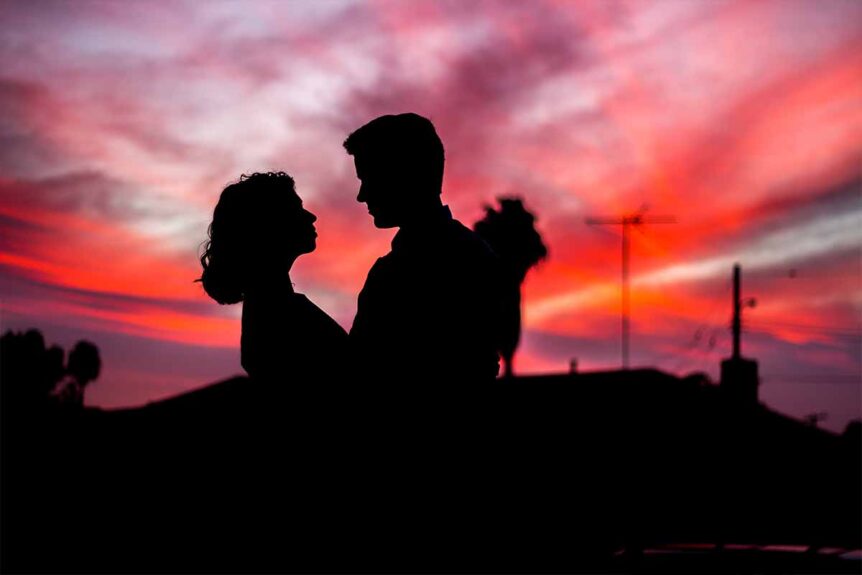The answer is likely yes. You are married. In Virginia, there is a rebuttable presumption that marriages are valid. In fact, it has been said that the presumption of the validity of a marriage is the strongest presumption known to the law. Therefore, naturally, the burden of proof falls upon the party challenging the validity of the marriage to prove that the marriage violates Virginia law.
What makes a marriage in official in Virginia
Marriage is governed by statute in the Commonwealth of Virginia. Virginia Code § 20-13 requires parties entering into a marriage covenant to obtain a license and to solemnize their marriage. Va. Code Ann. § 20-13 (Lexis+ through acts of 2023 Sess. Effective Mar. 15, 2023). Parties can obtain a marriage license at any Circuit Court in Virginia. This license is valid for any marriage that takes place in the Commonwealth, as there is no residency requirement. Individuals must be at least eighteen years old or an emancipated minor, provide a valid photo identification, and complete an online marriage license application. The second requirement, solemnizing one’s marriage, is the act of conducting a marriage ceremony under the authority of an individual licensed to perform marriages in Virginia.
Nonetheless, neither statute nor case law governs the ceremonial proceedings. Likewise, Virginia law does not require obtaining a marriage license to precede the solemnization process. Rather, the Virginia Supreme Court has ruled that an agreement to obtain a marriage license following the marriage ceremony does not invalidate a marriage; rather, it merely postpones the finalization of the marriage until both requirements under § 20-13 are satisfied. Id.
So, you just spent months, maybe years, planning your wedding; you and your spouse obtained a marriage license; you held a ceremony with all your friends and family; you went on your honeymoon; you moved in together; and you just filed your taxes as a married couple. In other words, you and your spouse have completely uprooted your lives as single individuals and integrated your lives as a married couple, but now you are finding out that your marriage officiant was not licensed to perform marriage ceremonies in Virginia. This bargains the question, are you really married?
If you find yourself asking this question, it can lead to panic, fear, and anxiety (or maybe excitement if your marriage is not what you expected it to be). Nonetheless, Virginia law permits individuals to cure defects that occurred during the marriage process. Virginia Code § 20-90 states,
When the validity of any marriage shall be denied or doubted by either of the parties, the other party may institute a suit for affirmance of the marriage, and upon due proof of the validity thereof, it shall be decreed to be valid, and such decree shall be conclusive upon all persons concerned.
Va. Code Ann. § 20-90 (Lexis+ through acts of 2023 Sess. Effective Mar. 15, 2023). Virginia Code § 20-31 states,
No marriage solemnized under a license issued in this Commonwealth by any person professing to be authorized to solemnize the same shall be deemed or adjudged to be void, nor shall the validity thereof be in any way affected on account of any want of authority in such person, or any defect, omission or imperfection in such license, if the marriage be in all other respects lawful, and be consummated with a full belief on the part of the persons so married, or either of them, that they have been lawfully joined in marriage.
Va. Code Ann. § 20-31 (Lexis+ through acts of 2023 Sess. Effective Mar. 15, 2023).
What to do when in doubt
In other words, if there is doubt as to the validity of your marriage, you should file a Petition to Affirm a Marriage with the court. If you have satisfied Virginia Code § 20-13, the officiant’s lack of authorization to perform marriage ceremonies will not void your marriage. While Virginia law requires the licensing of marriage officiants, the consequences of not obtaining proper licensing to perform marriage ceremonies fall on the shoulders of the officiant violating the law, not on the parties entering a marriage. The presumption of the validity of a marriage is difficult to overcome in a court of law, and without a direct violation of Virginia Code § 20-13 or in the case of an incestuous or polygamous marriage, the court will likely grant the Petition to Affirm a Marriage.
Legal Disclaimer: The information provided on “hangerlaw.com” is strictly for educational purposes and to provide you with general educational information about Virginia laws. Since state laws are subject to change, please schedule an appointment with our office to further discuss your personal situation. This public information is neither intended to, nor will, create an attorney-client relationship. This website may be considered AN ADVERTISEMENT or Advertising Material under the Rules of Professional Conduct governing lawyers in Virginia. This web site is designed for general information only. The information presented at this site should not be construed to be formal legal advice nor the formation of a lawyer/client relationship. This website may not comply with other state ethics’ rules governing attorney advertising.

